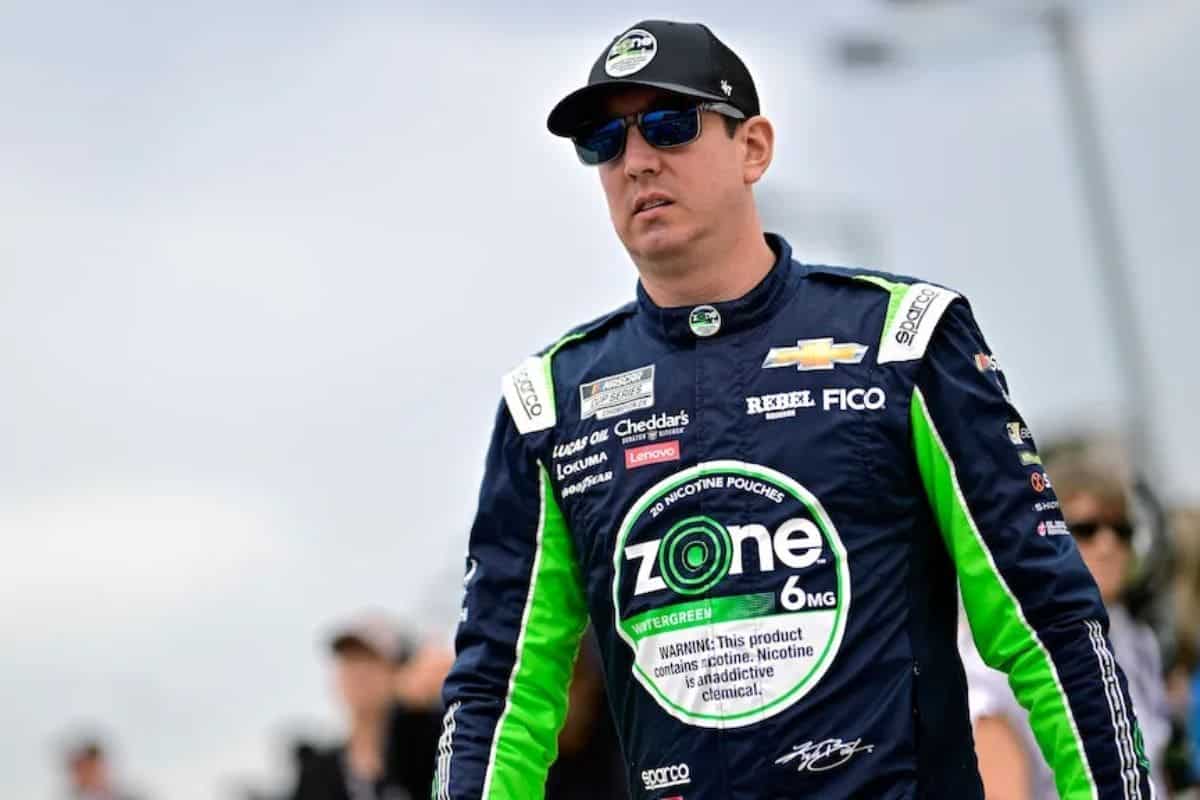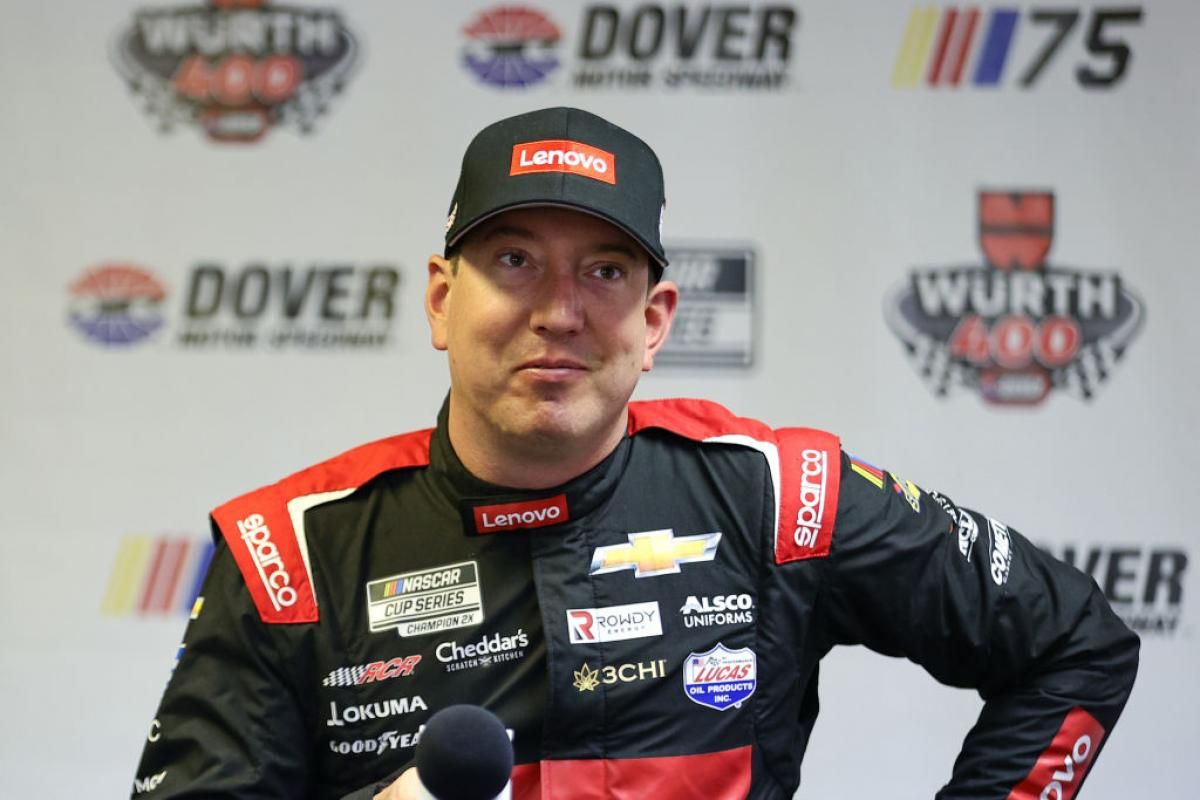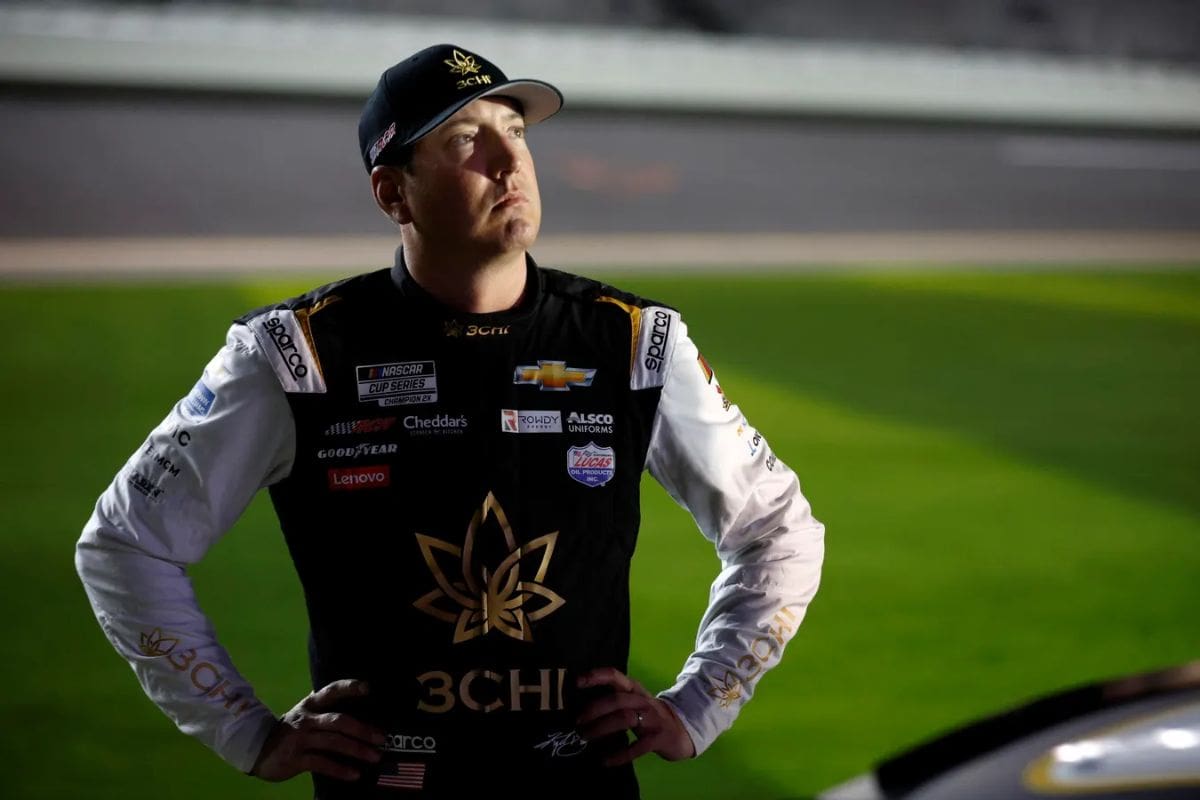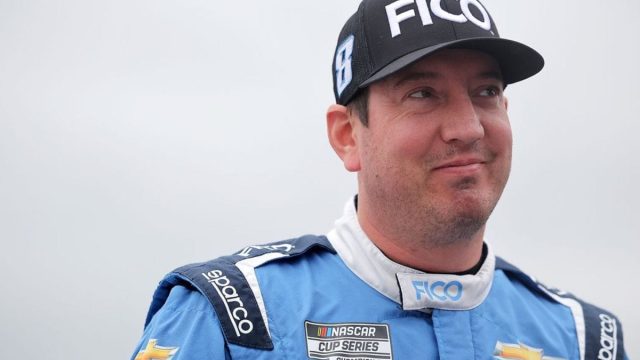Why Toyota Parted Ways With Kyle Busch: The recent decision by Toyota to sever ties with Kyle Busch has sparked considerable debate within the NASCAR community, revealing underlying tensions that extend beyond mere performance metrics. Despite Busch’s remarkable history of achievements, including an impressive 60 wins, the interplay of dwindling sponsorship and shifting team dynamics has forced a reevaluation of priorities within Toyota and Joe Gibbs Racing. As the organization pivots towards nurturing emerging talent, questions arise about the long-term implications of this tactical shift and what it signals for both Busch’s career and the future of Toyota in the highly competitive racing landscape.
Key Highlights
- Toyota’s decision was influenced by dwindling sponsorship support for Kyle Busch, impacting his financial viability within Joe Gibbs Racing.
- Tension over aggressive sponsorship pursuit within JGR contributed to the split, highlighting operational difficulties.
- The move to Richard Childress Racing reflects a strategic shift for both Busch and Toyota, focusing on new team dynamics.
- Concerns regarding Kyle Busch Motorsports’ future sponsorship opportunities emerged following his departure, affecting Toyota’s brand identity.
Kyle Busch’s Departure from Joe Gibbs Racing
Kyle Busch’s departure from Joe Gibbs Racing marks the end of an era, as the seasoned driver shifts from a successful 15-year tenure with the team to join Richard Childress Racing. This transition signals notable changes within both his career and the broader NASCAR landscape. Busch’s expedition with Joe Gibbs Racing began in 2008, during which he developed into one of the most formidable competitors in the NASCAR Cup Series, accumulating an impressive 60 wins—56 of those victories achieved in JGR’s iconic Toyota Camry.
This alteration, however, did not unfold in a vacuum; it was rooted in underlying financial dynamics. Reports indicate that a critical factor in Busch’s exit was the dwindling sponsorship support for his ride at JGR. In an era where financial backing dictates competitive viability, the inability to secure sponsorship has profound implications, not only for the driver but also for the team and the manufacturer involved.
Busch’s move to Richard Childress Racing signifies both a personal reinvention and a tactical shift for the team, which has sought to enhance its competitive edge. As Busch begins this new chapter, the ramifications extend beyond his career, impacting Toyota’s alignment in NASCAR and the long-term strategies of JGR. The loss of Busch, a crucial figure in their success, presents a challenge for Toyota as it reassesses its presence and competitive strategy within the sport.

Impact on Toyota and Kyle Busch Motorsports
The departure of Busch not only reshapes his own career path but also signals significant implications for Toyota’s tactical positioning in NASCAR and the future of Kyle Busch Motorsports, a team that has been fundamental in fostering talent and success within the lower-tier series.
With Busch’s exit, a crucial figure is removed from the equation, leaving Toyota to reassess its strategy for nurturing emerging drivers and maintaining its competitive edge in the sport.
Kyle Busch Motorsports has been a cornerstone for Toyota’s success in the NASCAR Craftsman Truck Series and Xfinity Series, where Busch’s skill has translated into numerous championships and victories.
His absence raises concerns about the team’s ability to attract sponsors and maintain its winning legacy. Without the backing of primary partners like Mars Inc. and M&Ms, which previously aligned closely with Busch, the team finds itself in a precarious position, needing to forge new partnerships to guarantee continued viability and competitiveness.
Moreover, Toyota’s brand identity within NASCAR is intertwined with Busch’s legacy. As the winningest driver in both lower-tier series, his departure could dilute the brand’s narrative of success and innovation.
The challenge lies in recalibrating their approach to driver development and sponsorship acquisition, making sure that the absence of Busch does not lead to a void in competitive performance.
The future path of both Toyota and Kyle Busch Motorsports will heavily depend on how effectively they navigate this changeable phase, redefining their roles within the NASCAR ecosystem.
Toyota’s Reaction and Speculations
Amidst swirling rumors and speculation regarding Kyle Busch’s departure, Toyota Racing Development‘s leadership has publicly addressed the situation, firmly dismissing notions of a conspiracy while acknowledging the substantial impact of losing a driver of Busch’s caliber.
David Wilson, President of Toyota Racing Development, unequivocally refuted claims of a calculated effort to part ways with Busch, characterizing such theories as “absurd.” His colorful rebuttal serves not only to defend the integrity of the organization but also to position Toyota as a brand committed to transparency and fairness in the competitive racing environment.
“I’ll say for those fans who are actually ignorant enough to suggest that this is some sort of a mastermind conspiracy to rid ourselves of Kyle Busch early, I would simply say go back to trying to find the edge of the flat earth. It’s absurd.” – Wilson
Wilson’s frank remarks highlight the inherent challenges Toyota faces without Busch, a driver who has historically proven remarkable skill in the playoffs. He emphasized that Busch was a key asset, stating, “By losing him, we take a big hit. There’s zero upside.” This acknowledgment reflects an acute awareness of the competitive dynamics within the NASCAR circuit, where the loss of a seasoned driver can reverberate across performance metrics and fan engagement.
“Obviously, for Toyota, losing Kyle in a run through a championship is a massive setback, Kyle Busch is money in the playoffs… By losing him, we take a big hit. There’s zero upside. There’s zero upside. It’s just a crushing blow to our organization.” – Wilson
Moreover, Toyota’s reaction demonstrates a broader narrative concerning the intricacies of driver-team relationships and the significant stakes involved in maintaining competitive edge. As the organization navigates the fallout from this departure, the focus will inevitably shift toward tactical recruitment and development to fill the void left by Busch.
Sponsorship Challenges and Joe Gibbs Racing’s Efforts
Navigating the complex landscape of sponsorship challenges, Joe Gibbs Racing faced a crucial crossroads as it sought to secure financial backing that could have preserved Kyle Busch‘s seat in the competitive NASCAR arena.
The team’s pursuit of potential sponsors was both tactical and urgent, particularly with Oracle—a company renowned for its involvement with the prestigious Red Bull Formula 1 team—emerging as a promising ally. However, the financial implications of such a partnership were intimidating, requiring Oracle to allocate substantial resources beyond its existing $500 million investment in Formula 1.

Despite the potential for a lucrative collaboration, Kyle Busch expressed disappointment in Joe Gibbs Racing’s efforts to secure sponsorship on his behalf. In retrospect, Busch asserted, “Did JGR try hard enough to sell me? My answer to that is no.” This sentiment emphasizes a broader tension within the team—an acknowledgment that while JGR was willing to extend an offer, they lacked the assertive pursuit necessary to retain a driver of Busch’s caliber.
“Did JGR try hard enough to sell me? My answer to that is no,” Busch said. “So I’m like, ‘There’s no way they’re going to do a NASCAR deal. Not a chance.’ So I told those guys, ‘Look, you got to look elsewhere. You got to look outside.’”
“I didn’t want Joe putting his own money into the program.” – Busch
The offer of a seat without sponsorship further complicated matters, as Busch felt it was inequitable for JGR to invest their resources without a sustainable financial structure.
Kyle Busch’s Current Status
Currently navigating his alternate full season with Richard Childress Racing, Kyle Busch finds himself ranked 18th in the Cup Series standings, accumulating a total of 440 points as he prepares for the upcoming race at Richmond Raceway on August 11th. This transformative phase marks a notable chapter in Busch’s career, following his departure from the powerhouse of Joe Gibbs Racing.
Busch’s performance has been a mixture of resilience and adaptation, reflecting both the challenges of a new team dynamic and his own competitive spirit. While 18th place may seem modest, it is crucial to reflect on the intricacies of his current situation. Richard Childress Racing, known for its storied history, is a team in the midst of revitalization, and Busch’s experience is crucial in fostering this evolution. His ability to extract maximum performance from the car, while adjusting to new team strategies, highlights his status as a seasoned veteran in the sport.
However, the road ahead is fraught with challenges. With several races remaining in the season, Busch must not only improve his performance but also forge solid relationships within the team to achieve the consistency required for higher standings. As the strain mounts, Busch’s tactical insight and adaptability will be tested.
The upcoming race at Richmond Raceway presents an opportunity for Busch to not only improve his standings but also to reinforce his reputation as one of NASCAR’s elite drivers, despite the shifting tides of his career.

News in Brief: Why Toyota Parted Ways With Kyle Busch
The decision by Toyota to part ways with Kyle Busch highlights the intricate interplay between competitive performance and financial viability within NASCAR.
As the organization shifts towards younger talent amidst sponsorship challenges, the departure serves as a crucial moment in reshaping team dynamics and tactical direction.
This change not only reflects the evolving landscape of motorsports but also emphasizes the necessity for teams to balance aggressive sponsorship pursuits with the retention of proven drivers, ensuring long-term success.
ALSO READ: Kyle Busch’s Tension with RCR After Struggles Against Denny Hamlin: NASCAR Fans Speculate
